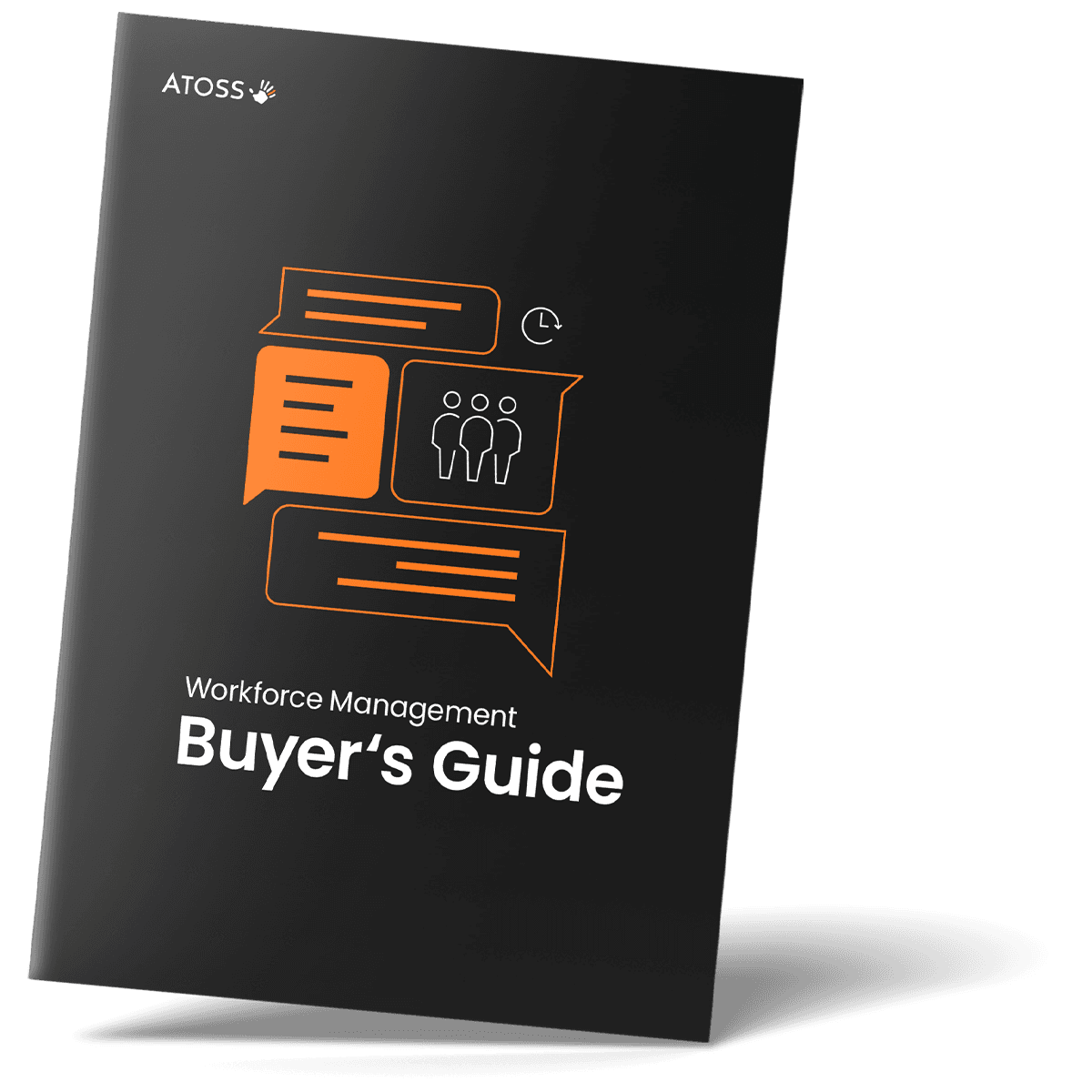
HR professionals: shaping the future
of workforce management
The rapid advancement of technology has touched nearly every aspect of our lives, and the world of business is no exception. One of the most significant areas undergoing a profound transformation is Human Resources (HR). The advent of digital transformation has ushered in a new era, where HR professionals are at the forefront of shaping the future of workforce management. In this article, we will explore how digital transformation is revolutionizing HR, from agile work models to data-driven decision-making, personalized employee experiences, continuous learning, and a focus on diversity and inclusion.
Workforce Management
Buyer's Guide

Agile work models
Digital transformation has made it possible for organizations to adopt agile work models, such as remote work and hybrid arrangements. This shift in work dynamics demands that HR professionals devise strategies to manage geographically dispersed teams effectively. It requires fostering collaboration, ensuring efficient communication, and maintaining a sense of cohesion among employees, regardless of their physical location.
Data-driven decision-making
In the digital age, data is king. HR professionals now have access to vast amounts of data on employee performance, engagement, and productivity. This data-driven approach empowers HR to make informed decisions regarding talent acquisition, development, and retention. Additionally, it enables more precise workforce planning and predictive analysis of future needs. With the right data, HR can identify trends and proactively address issues before they become significant challenges.
Personalized employee experiences
Digital transformation has paved the way for highly personalized employee experiences. HR teams are leveraging technology to create tailored development plans, provide self-service options for HR services and resources, and allow employees to customize their work environments. This personalization enhances employee satisfaction, engagement, and overall well-being, contributing to a more motivated and productive workforce.
Read more:
Continuous learning and development
The rapid pace of technological change necessitates continuous learning and skill upgrading. HR professionals are utilizing digital platforms, online courses, and microlearning modules to offer employees ongoing opportunities for growth and development. Prioritizing continuous learning ensures that the workforce can adapt and acquire the skills needed to thrive in a digitally-driven environment.
Diversity and inclusion
Digital transformation can also advance diversity and inclusion initiatives within organizations. HR teams are leveraging technology to reduce biases in recruitment and performance evaluations. They are implementing diversity analytics to measure progress and promote inclusive workplace cultures through virtual collaboration tools and communication platforms. This focus on diversity and inclusion not only fosters innovation but also creates a more inclusive work environment.
Automation and artificial intelligence
Integrating automation and artificial intelligence (AI) into HR processes is a significant component of digital transformation. This technology can significantly impact roles and workflows. HR professionals must assess the impact of automation on the workforce, identify opportunities for employee upskilling to work alongside AI, and ensure ethical considerations are at the forefront. They will also play a critical role in redesigning job roles and devising strategies to support employees through technological changes.
Enhanced collaboration
Digital transformation will revolutionize how employees collaborate and communicate. HR professionals will implement digital collaboration tools, virtual team-building activities, and communication platforms to facilitate information sharing, teamwork, and innovation. Bridging the gap between remote and in-person employees will foster a sense of belonging and improve organizational productivity.
Digital transformation is reshaping the landscape of HR and workforce management. HR professionals are in a pivotal position to lead this transformation by embracing agile work models, leveraging data-driven insights, personalizing employee experiences, promoting continuous learning, championing diversity and inclusion, integrating automation and AI, and enhancing collaboration. As organizations navigate the increasingly digital world, HR will be at the forefront, ensuring that they harness the full potential of digital technologies to optimize their workforce and thrive in an ever-evolving landscape. Embracing these changes will be key to staying competitive and successful in the future of work.